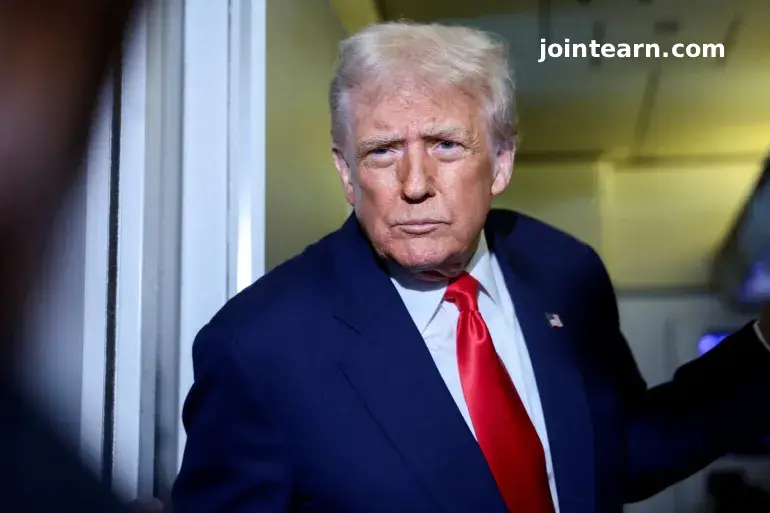
United States President Donald Trump has announced that Nigeria will be placed on a U.S. watchlist for religious freedom, citing claims that Christians in the African nation are facing severe persecution. This decision, framed as an effort to protect religious liberty, has sparked debate among policymakers and experts who warn that the situation is more complex than the president’s statements suggest.
Trump’s Announcement on Nigeria
In a social media post on Friday, President Trump declared:
“Christianity is facing an existential threat in Nigeria. Thousands of Christians are being killed. Radical Islamists are responsible for this mass slaughter. I am hereby making Nigeria a ‘COUNTRY OF PARTICULAR CONCERN.’”
The designation places Nigeria on the U.S. Department of State list of Countries of Particular Concern, intended to monitor and respond to religious persecution worldwide.
Critics argue that Trump bypassed standard procedures, which typically involve recommendations from the U.S. Commission on International Religious Freedom—a bipartisan body established by Congress—and specialist review within the State Department.
Background: Nigeria’s Religious and Social Context
Nigeria is a nation of significant religious diversity, with a Muslim-majority north and a Christian-majority south. While there are sporadic violent incidents, experts caution that framing these events as systematic anti-Christian attacks oversimplifies complex regional dynamics.
Factors contributing to conflict in Nigeria include:
- Boko Haram insurgency in the northeast, which has targeted civilians of various faiths.
- Resource disputes, such as conflicts between predominantly Christian farmers and predominantly Muslim herders.
- Socioeconomic inequality and political instability, exacerbating communal tensions.
The Nigerian government has repeatedly denied that such clashes constitute a targeted anti-Christian campaign.
U.S. Political Reaction and Support
Trump’s announcement has been largely supported by right-wing U.S. lawmakers, echoing language that frames Nigeria’s challenges as primarily religiously motivated.
- Representative Riley Moore highlighted his ongoing efforts to spotlight the plight of Christians in Muslim-majority countries.
- Senator Ted Cruz praised Trump’s decision, stating he has long campaigned to counter alleged persecution of Christians in Nigeria.
Both lawmakers have called for increased international pressure and accountability measures targeting Nigeria.
Trump’s Broader Domestic Strategy
The move to place Nigeria on the watchlist aligns with President Trump’s efforts to appeal to the Christian right in the United States. Since returning to office for a second term, Trump has:
- Established a federal task force to combat perceived anti-Christian bias.
- Issued memos allowing federal employees to evangelize in workplaces.
- Advocated policies perceived as favoring conservative Christian constituencies.
At the same time, his administration faces criticism over restrictive refugee policies, including a historic cap of 7,500 refugee admissions for fiscal year 2026, primarily directed toward Afrikaners from South Africa and other groups allegedly facing discrimination.
Implications for U.S.-Nigeria Relations
Designating Nigeria as a “Country of Particular Concern” could open the door to future sanctions or increased diplomatic scrutiny. Experts warn that this designation may strain U.S.-Nigeria relations, especially given the administration’s selective focus on alleged anti-Christian violence while broader regional instability remains unaddressed.
Analysts also note that overemphasis on religious framing risks obscuring the root causes of violence in Nigeria, which include governance challenges, economic disparities, and long-standing ethnic tensions.
Conclusion: A Controversial Move Amid Global Criticism
President Trump’s decision to place Nigeria on a religious watchlist underscores his administration’s commitment to mobilizing the Christian right while navigating complex international and domestic politics. However, critics caution that oversimplifying Nigeria’s conflicts may undermine effective diplomatic engagement and exacerbate tensions both abroad and at home.
The situation continues to draw scrutiny from experts, policymakers, and the international community, raising critical questions about how the U.S. should address claims of religious persecution without politicizing complex socio-religious dynamics.


Leave a Reply